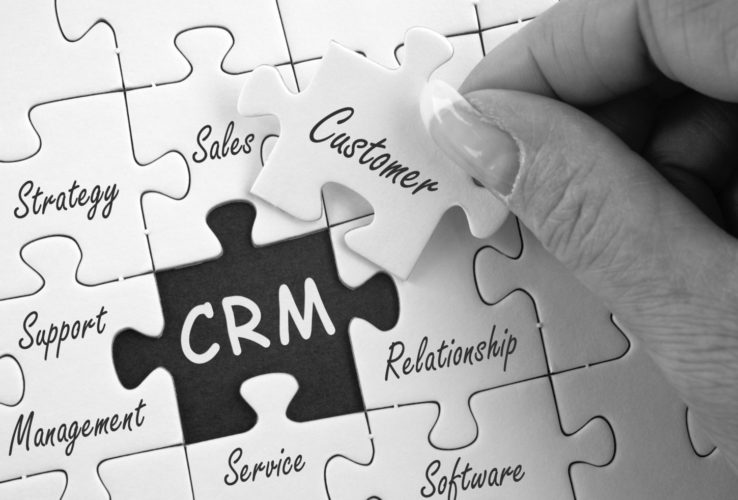Do you need an ERP?
Every growing company sooner or later starts talking about ERP. It can be either they have implemented or in process of scouting one for its business. The question to ask is, “Why would a company like to have an ERP system (software)?”
In simple words, Enterprise Resource Planning is like a steering wheel which helps the driver to control the car as per his needs. Enterprise Resource Planning (ERP) is how small to medium sized businesses are staying ahead of the curve in today’s business landscape. We’ve mentioned before how an ERP solutions can improve your company’s efficiency and reduce costs, yet many companies are using outdated or convoluted legacy ERP systems which could be doing just the opposite.
A CEO or even an entrepreneur has to do many jobs at a time and it becomes difficult to keep track of everything. It takes longer time just to reconcile financials at the end of every month. The whole sales forecast is disturbed and the CEO has to go with his gut feeling rather than solid numbers. The business gets in trouble keeping up with its order volume and customer satisfaction as the concentration shifts to other things. Because every company is unique, there’s no single indicator that says, “You need ERP now!” However, the companies that would benefit most from ERP software often face similar problems and frustrations. If you’re facing similar problems you should read this to discover some interesting facts.
Why use Enterprise Resource Planning (ERP)?
1. Variety of applications for different jobs
Every organization has various departments which have their own functions to carry. Every manager comes with its own reports based on its own parameters but it becomes hectic task for the top level management to reconcile all these reports to one, to draw a complete picture. When various front- and back-end systems run separately, it can wreak havoc on the processes that are meant to ensure your company is running smoothly. Without accurate data from sales, inventory management may suffer, while not having the latest information from accounting can trigger a ripple effect on everything from marketing budgets to payroll. ERP software integrates these systems to work seamlessly so that every business function relies on a single database.
2. Reliable data
To make the right business decisions, you need access to the right information at the right time. With an ERP solution configured to your specific needs, you can rest assured that you are receiving accurate data to make smart decisions. Even if you already have an ERP solution in place, years of minor tweaking and connecting with disparate systems may have turned it into a convoluted mess of obscure information. With a new ERP solution, your business can put its trust in an up to date and reliable system.
3. Transparency in process and data
With ERP software the top management has an eagle’s eye which gives on shot at all the processes. A huge boon to business is being able to identify which products and departments are saving/providing money and which are falling behind. By being able to quickly decipher where your company’s strengths and weaknesses are, you can improve profitability before losing it.
4. Reduce Infrastructure cost
In an age where companies spend more on ways to reduce cost IT cost is one which adds more burdens to it. One of the biggest downsides of having multiple systems across your business is that IT management can become a nightmare. Customizing these systems, integrating them and maintaining them with patches and upgrades can be complex, costly and sap critical time and resources. Rather than adding more software—and complexity—to an already ineffective system, ERP technology can give you the agility to respond to changing business needs rapidly. That’s why selecting a cloud-based ERP provider like www.erpincloud.com is critical.
5. Connecting all the departments
One of the big benefits of a modern ERP solution is that they are designed to be used by everyone involved in the company starting from the CEO, to the purchase manager, sales manager and his/her team, finance team, HR and many other features that can be used by everyone in an organization.
You can reach us at sales@bistasolutions.com for any queries on ERP Solution. Also, you can write us through feedback@bistasolutions.com and tell us how this information has helped you.








